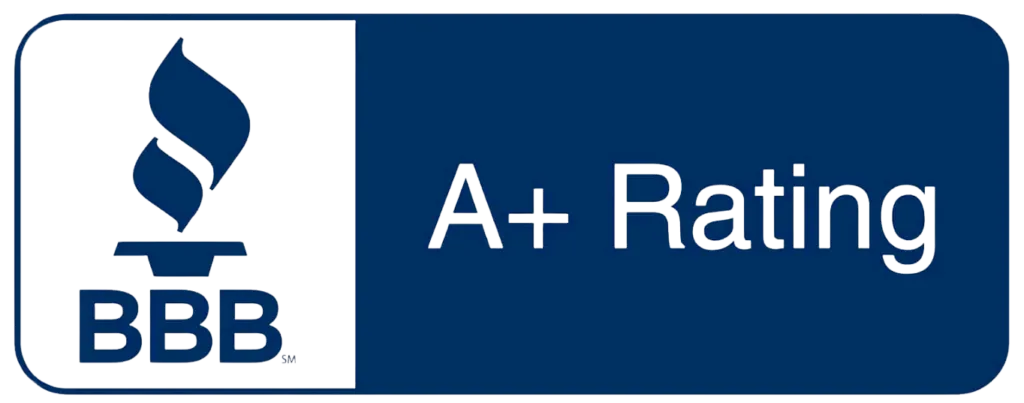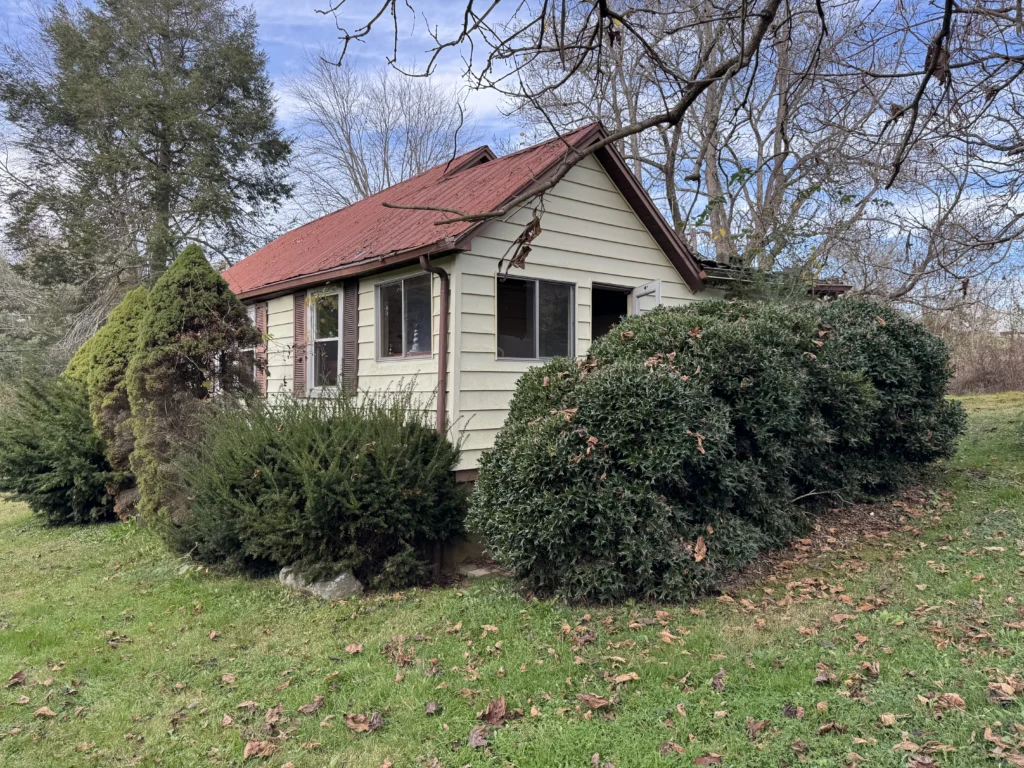Get your FREE cash offer today!
We buy houses fast in any condition. No repairs, realtors, fees, or commissions. Call Us (423) 999-5555




Call us or fill out our simple online form with basic details about your home.
We assess your home and present a fair cash offer within 24 hours.
If you accept, choose a closing date that works for you, and we’ll handle the rest.



Losing a loved one is a challenging and emotional experience. If you’ve recently inherited a house, you may be wondering what your next steps should be. Many homeowners find themselves overwhelmed by the probate process, legal requirements, and financial obligations that come with an inherited property. Fortunately, you have options, and selling the inherited home for cash can be a stress-free solution.
At Favor Home Solutions, we specialize in helping homeowners navigate probate and sell inherited houses quickly for cash. Whether you need to sell to cover estate debts, avoid maintenance costs, or simply don’t want to manage the property, we’re here to make the process simple and hassle-free. Get a no-obligation cash offer today and take the next step toward financial peace of mind.
Probate is the legal process that occurs after someone passes away, during which their estate, including any real estate, is distributed to heirs and creditors. If you have inherited a house in Tennessee, understanding how probate works is crucial before you can sell the property.
Probate ensures that a deceased person’s assets are transferred legally to their heirs or beneficiaries while settling any outstanding debts or taxes. In Tennessee, probate laws vary based on factors such as whether the deceased left a will and the total value of the estate.
Not all estates in Tennessee require probate. The process is necessary when:
If the estate qualifies as a “small estate” (valued under $50,000), heirs may be able to bypass formal probate with a simplified process.
Understanding each stage of probate can help heirs and executors navigate the process with minimal stress. Here’s a detailed breakdown:
The probate process begins when the executor (if named in the will) or a family member files a petition with the Tennessee probate court. This petition formally requests the court to open probate and validate the will if one exists.
If a will exists, the court examines its authenticity to ensure it meets Tennessee’s legal requirements. The will must be signed by the deceased and two witnesses. If questions arise about the validity of the will, beneficiaries or other interested parties may challenge it, which can lengthen the probate process.
Once the will is validated, the court officially appoints an executor (or administrator, if there is no will). This person is responsible for overseeing the probate process and ensuring that the estate is properly managed and distributed.
The executor must take an inventory of all the deceased’s assets, including bank accounts, vehicles, personal belongings, and real estate. An appraisal of the inherited property may be required to determine its fair market value.
Before assets can be distributed, outstanding debts must be paid. This includes:
Once all obligations are settled, the remaining estate is distributed according to the will. If no will exists, Tennessee intestacy laws determine how assets are divided among heirs.
After distributing assets and fulfilling all legal requirements, the executor files a final report with the probate court. Once approved, the probate case is officially closed, and any remaining restrictions on estate assets are lifted, allowing for the sale of property if necessary.
In many cases, selling an inherited home before completing probate is possible, but it depends on several factors:
If the house is part of the probate estate, the executor or administrator must petition the court for permission to sell the property. The court ensures that the sale benefits the estate and its heirs.
The home’s market value must be determined through an official appraisal or comparative market analysis. This ensures the house sells at a fair price and protects heirs from undervaluation.
Before selling, all interested parties, including heirs and creditors, must be notified. This allows beneficiaries to contest the sale if they disagree with the terms.
Once the court grants approval, the home can be sold traditionally through a real estate agent or directly to a cash buyer.
After closing, the sale proceeds are used to settle any remaining debts, and the remaining funds are distributed among heirs according to the will or Tennessee’s inheritance laws.

It depends on how the estate is set up, but in some cases, yes. We can help you determine the best path forward.
You don’t have to lift a finger. You can leave the house exactly as it is, and we’ll take care of everything after closing.
Yes. We regularly work with families where multiple siblings or relatives share ownership. We’ll help coordinate with everyone involved.
No. We buy homes in any condition and do not require any repairs or prep work.